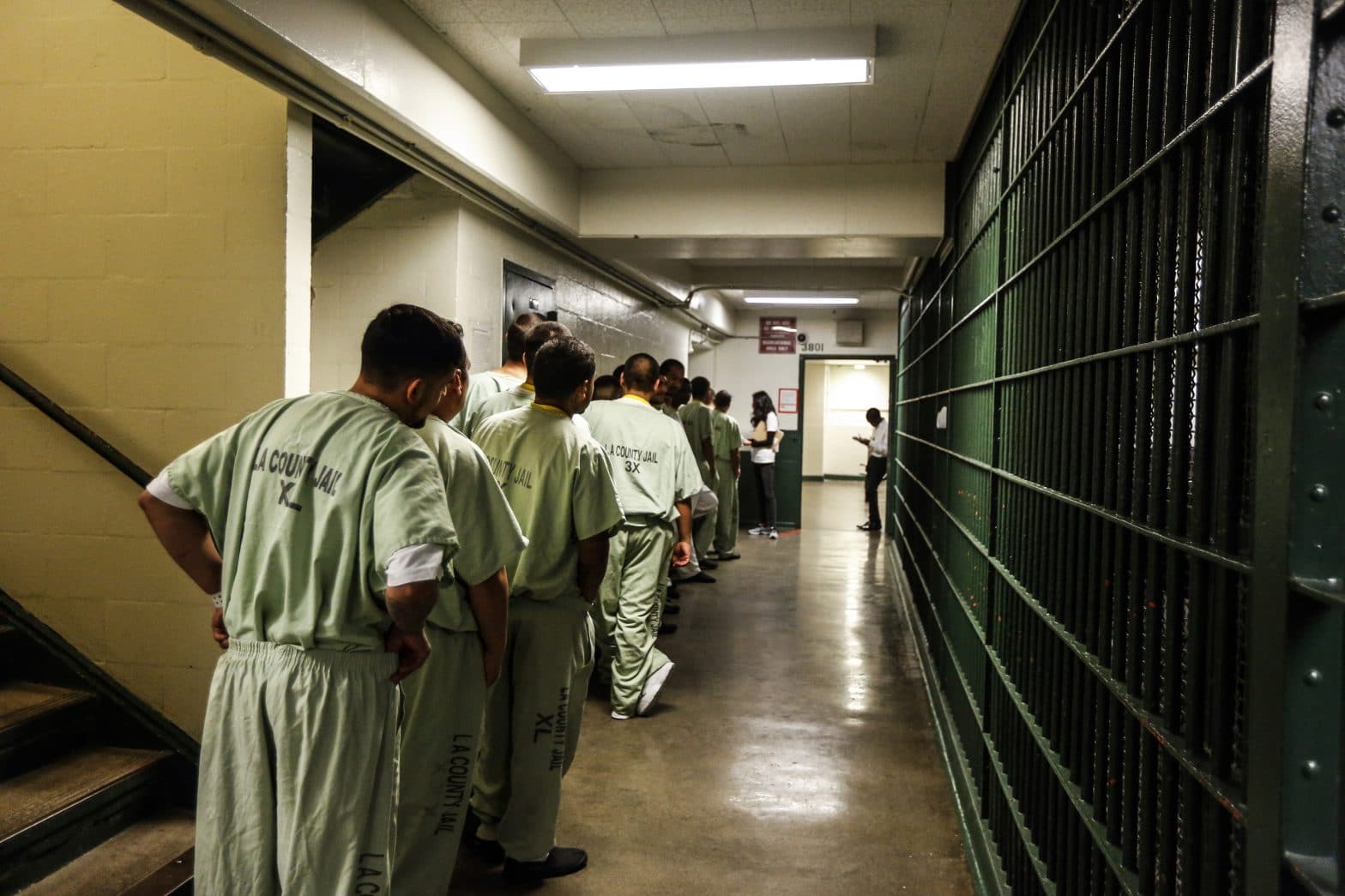Whitmer Signs Bipartisan State Jail Reform Package

LANSING, Mich. – Michigan Gov. Gretchen Whitmer signed a comprehensive package of criminal justice reform bills Monday that stemmed from policy recommendations by the Michigan Joint Task Force on Jail and Pretrial Incarceration.
The year-long study from key stakeholders and criminal justice experts that led to the package’s conception was spearheaded by Michigan Lt. Gov. Garlin Gilchrist II and state Chief Justice Bridget Mary McCormack, according to a release from Whitmer’s office.
“As a former prosecutor, I recognize how critical it is to take steps toward a smarter and more equitable justice system that not only saves taxpayer money, but keeps people in their communities,” Whitmer said in a statement. “Over the last two years, we’ve worked with leaders on both sides of the aisle to make Michigan a national leader on criminal justice reform.”
Whitmer continued, “I want to thank Lieutenant Governor Garlin Gilchrist and Chief Justice Bridget Mary McCormack, along with the bipartisan members of the task force, for their leadership in this effort. Today proves that it is possible to make tremendous progress to improve our state when we work together to get things done.”
The 20 bills signed by Whitmer were authored and introduced by Republican and Democratic state senators and representatives, all of which passed with bipartisan support. The task force first began its work in July 2019 to determine how the state could “safely reduce jail populations and expand alternatives to incarceration,” according to the release.
Previously, Michigan law provided minimal guidance in determining what cases call for alternatives to jail time. Consequently, jail populations in the state had tripled in fewer than 40 years, particularly in rural communities.
“I’m extraordinarily proud of our collective work over the last two years to understand and improve the criminal justice system,” Gilchrist said in a statement. “Before Governor Whitmer and I took office, the system didn’t work for families, communities, or our state as a whole, but we made a conscious effort to make our state a national leader in reform, and the results speak for themselves. We must continue to work together to find ways to provide second chances through a smarter, safer, and more effective justice system.”
The task force’s findings were based on a one-year study of the state’s jails and public input from a series of statewide meetings. Low-level infractions — such as driving with a suspended license, probation violations and other misdemeanors — were found by the task force to be “exhausting public safety resources” without “producing safer communities,” according to the release.
The report published by the task force in Jan. 2020 included extensive findings on information like the demographics of prisoners, the length of sentences, the effectiveness of jail as an intervention and the statewide cost of incarceration to taxpayers. The bills were subject to ample vetting by state lawmakers and refined with input from judges, prosecutors, advocates for reform, sheriffs, victims of crime and members of the public.
“Our courts and justice system belong to the people, and these reforms reflect a consensus-based process that brought together all who share our commitment to fairness, accountability, transparency, and efficiency,” McCormack said in a statement. “We have more work to do to continue making Michigan even safer, but we are now a national leader in implementing criminal justice reform that is data-driven, informed by research, responsive to community input, and committed to building public trust.”
























